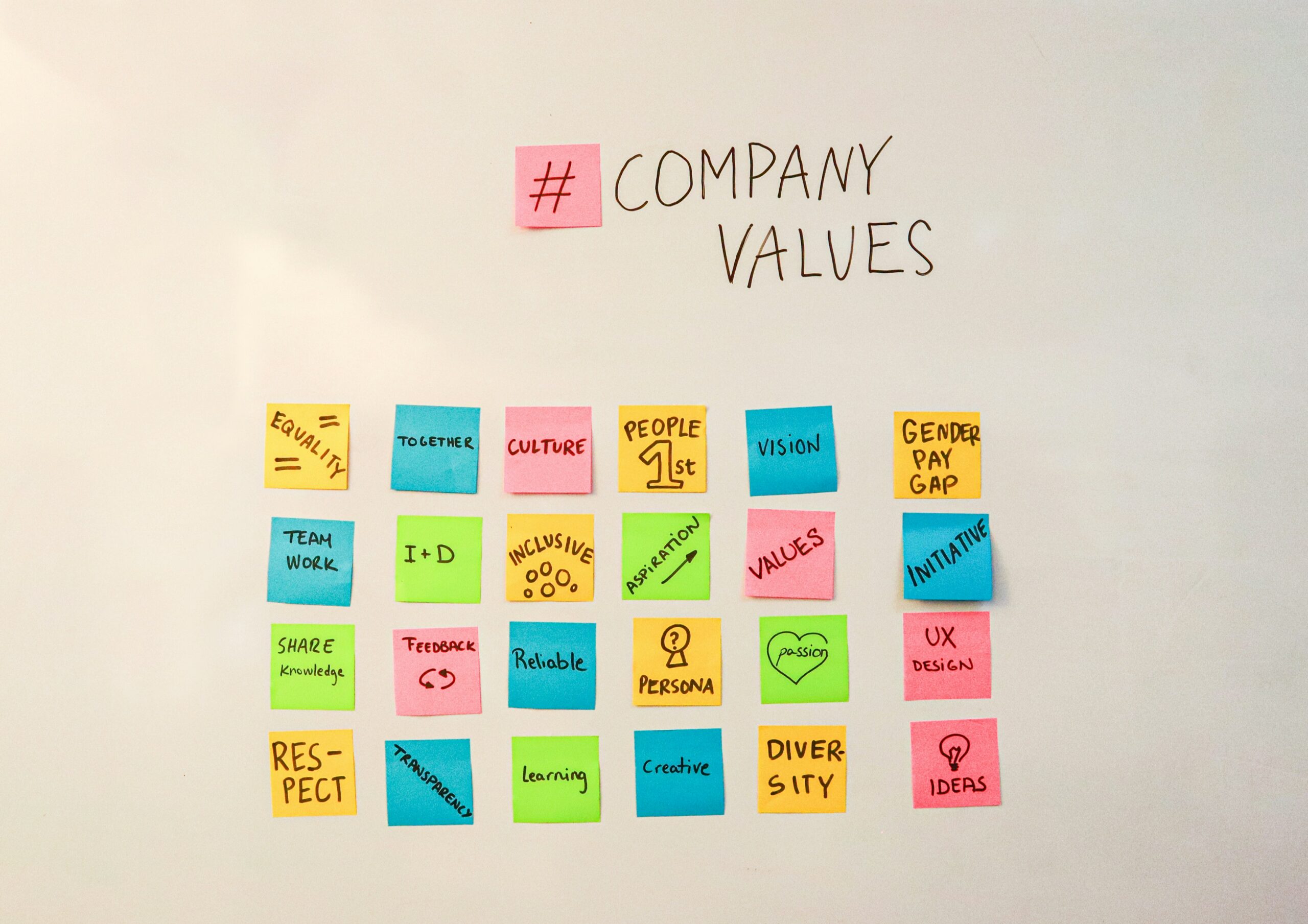In a BANI world, boardroom discussions are focusing on sustainability, value creation, and strategic adaptation to global uncertainties.
As we reach the midpoint of 2025, the boards are increasingly navigating the intricacies of a BANI world—Brittle, Anxious, Non-linear, and Incomprehensible. Contemporary pressures reshape traditional corporate landscapes, compelling an evolution towards sustainable growth, resilience, and heightened competitiveness. This era marks a transitional junction for corporate governance, urging transformation as companies align their strategies with the multifaceted demands of today’s challenges while maintaining a focus on stakeholder value.
In today’s boardrooms, the mandate for corporate stewardship is reimagined amid global uncertainty and volatility. The responsibility now extends beyond conventional governance frameworks to encompass strategic foresight, adaptability, and an unwavering commitment to stakeholder value. As geopolitical tensions and technological disruptors threaten corporate resilience, boardrooms are redefining their strategies. This evolution calls for a nuanced, holistic approach to leadership that embraces stewardship as a cornerstone principle. As the world grows increasingly complex, boardrooms are challenged to harness stewardship to guide companies through turbulent times, sustaining long-term value and corporate integrity in the face of adversity.
In today’s boardrooms, the mandate for corporate stewardship is reimagined amid global uncertainty and volatility
01
Sustainability in the Spotlight: ESG Measures at the Forefront
As debates around Diversity, Equity, and Inclusion (DEI) intensify, the significance of Environmental, Social, and Governance (ESG) metrics within executive incentives remains steadfast. Companies are embedding climate-related Key Performance Indicators (KPIs) into their long-term incentive structures as a testament to their dedication to sustainability. According to a recent analysis by WTW, these metrics are proving more challenging than other objectives, debunking perceptions of them as “soft” targets. This challenge underscores their substantial impact on corporate conduct, thereby accentuating the importance of a dedicated pursuit. For companies, integrating ESG measures must transcend mere compliance, evolving into authentic, sustainable practices that drive organisational transformation and societal benefit.
02
Shifting Trade and Talent Flows: A Focus on Intra-Regional Strategies
Amid pervasive global uncertainties, corporations are increasingly gravitating towards intra-regional strategies to redefine and stabilise supply chains and talent flows. The “From Asia – For Asia” approach exemplifies this trend, strategically aligning companies closer to regional markets to bolster their resilience. A recent WTW pulse survey highlights how these developments are influencing executive compensation strategies and board guidance. By localising operations, businesses can not only mitigate risks, but also seize regional market opportunities. Such strategic realignments become instrumental in retaining competitive advantages, while simultaneously adapting to shifting geopolitical and economic landscapes.
Amid pervasive global uncertainties, corporations are increasingly gravitating towards intro-regional strategies.
03
Bold Moves: Challenging Norms for Global Competitiveness
To maintain a competitive edge globally, companies in the UK and Europe are boldly challenging traditional norms by enhancing their incentive leverage mechanisms. This reform aligns executive compensation more directly with performance outcomes, catalysing innovation and growth. By dynamically adjusting their incentive frameworks, these organisations demonstrate a commitment to global relevance, stimulating a reevaluation of strategic objectives. Such bold maneuvers emphasise performance-centric approaches, urging peers worldwide to reassess their methodologies in pursuit of sustained global competitiveness.
04
People Governance: Valuing Human Capital and Culture
The significance of human capital and corporate culture continues to rise as businesses acknowledge their pivotal role in driving organisational success. People governance now emphasises comprehensive strategies that focus on executive security, succession planning, and risk management. Japan’s Human Capital Index sets a benchmark, validating the necessity of nurturing human potential within the corporate domain. Furthermore, Moderna’s innovative decision to amalgamate HR and Technology functions exemplifies the synergistic relationship between human and technological capital in cultivating a resilient corporate culture. Companies are increasingly aware that valuing their workforce’s contribution is indispensable for fostering an adaptive, future-ready organisational environment.
05
Value Creation: Renewed Emphasis on Capital Deployment
A growing emphasis on strategic capital deployment has emerged, particularly in regions like Japan, with a focus on generating Return on Invested Capital (ROIC) above the Weighted Average Cost of Capital (WACC). This shift underscores the necessity for companies to scrutinise their resource allocation and investment approaches to ensure sustainable and profitable growth. By prioritising efficient capital management, corporations are urged to meticulously evaluate capital efficiency as a crucial driver of long-term value. Such strategic considerations aim to optimise both resource utilisation and growth trajectories, driving lasting corporate success and shareholder value.
Calls to Action: Focus for 2025 and Beyond
As we contemplate the remainder of 2025 and the years to follow, corporations are encouraged to strategically embrace these evolving trends. The Financial Reporting Council’s expanded stewardship definition highlights responsible corporate governance’s role in sustainable future building. Organisations are called to reassess their strategies, prioritise meaningful ESG initiatives, foster regional resilience, and harness the synergy between human and technological capital for a comprehensive approach to governance.
“‘Wait and watch’ may not be the best approach for dealing with uncertainty. Companies that make bold moves will convert challenges to opportunity.”
Shai Ganu | Managing Director and Global Leader, Executive Compensation and Board Advisory
Boards and senior management are well reminded that “’Wait and watch’ may not be the best approach for dealing with uncertainty. Companies that make bold moves will convert challenges to opportunity.” In these challenging times, leaders are called upon to guide with courage, empathy, and vision—ensuring their organisations not only survive but thrive in the unfolding future.
The article was published by wtwco.com.
Photo by Mario Verduzco on Unsplash.

 5.0
5.0 





















